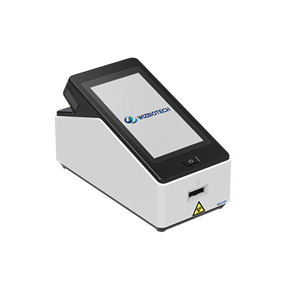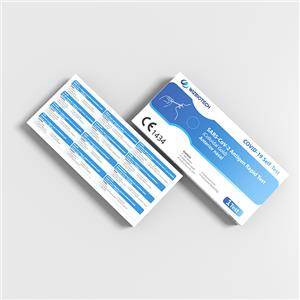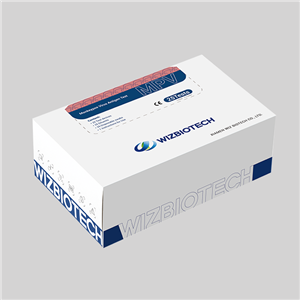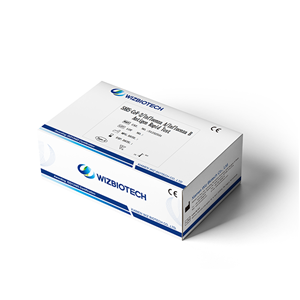Fever and cough, why should C-reactive protein be tested?
What is C-reactive protein and why is it associated with fever and cough?
C-reactive protein is a protein produced by the liver in response to inflammation in the body. When there is an infection or injury, the immune system triggers an inflammatory response, resulting in the release of CRP into the bloodstream. By measuring CRP levels, doctors can gain valuable insights into the intensity and extent of inflammation in the body.
In cases of fever and cough, by testing CRP, doctors can quickly differentiate between viral and bacterial infections, as well as other non-infectious inflammatory causes, which is crucial for helping doctors develop appropriate treatment plans for patients.
In viral infections, such as the common cold or flu, CRP levels often remain within the normal range or only slightly elevated. On the other hand, bacterial infections, such as pneumonia, sinusitis, or bronchitis, usually lead to a significant increase in CRP levels. By measuring CRP, doctors can quickly identify bacterial infections and prescribe appropriate antibiotics to prevent potential complications.
Additionally, CRP levels can also help monitor the effectiveness of treatment. As the body responds to medication, inflammation gradually subsides, resulting in a decrease in CRP levels. Regular CRP testing allows healthcare professionals to assess the progress of treatment and adjust treatment plans accordingly. This ensures that patients receive the most appropriate care and timely management of any potential complications.
In addition to infectious causes, elevated CRP levels may also indicate the presence of other underlying health conditions. Chronic inflammatory diseases, such as rheumatoid arthritis or inflammatory bowel disease, can cause sustained elevation in CRP levels. By testing and monitoring CRP, healthcare providers can effectively manage these diseases and prevent long-term complications.
WIZ has independently developed C-reactive protein test kit (Fluorescence Immunochromatographic Assay), which has been exported to multiple countries and widely used in hospitals and clinics. If you would like to learn more about WIZ’s products, please contact our sales department!




